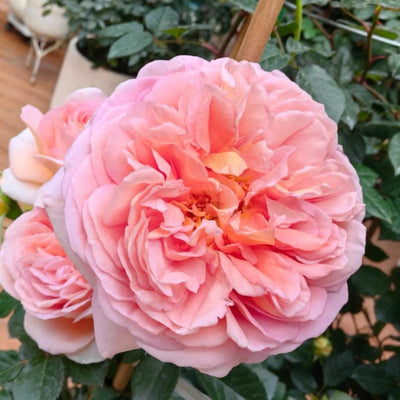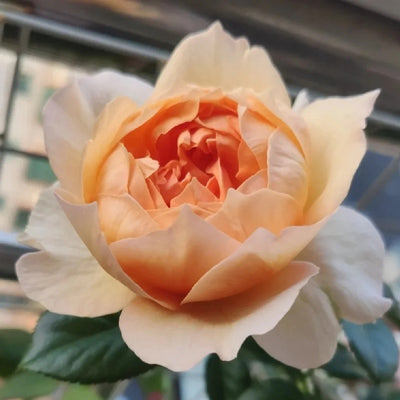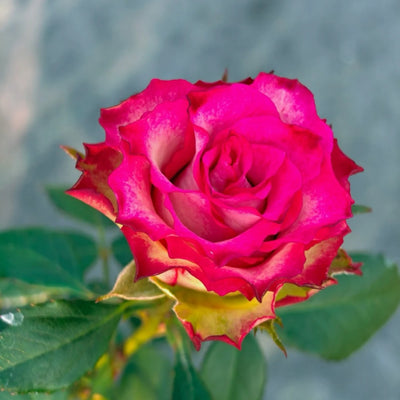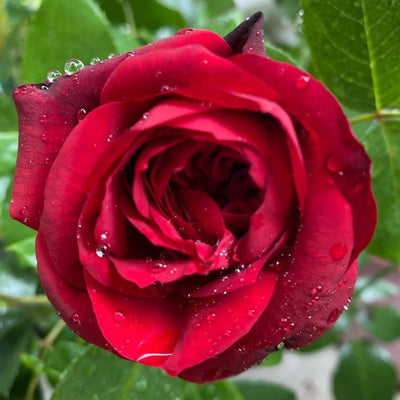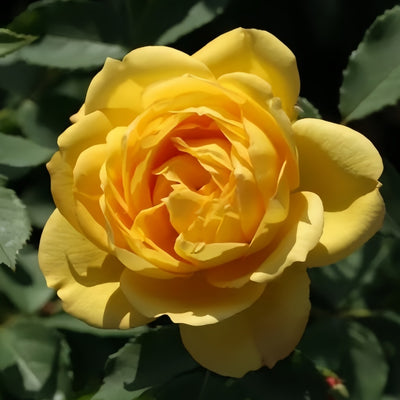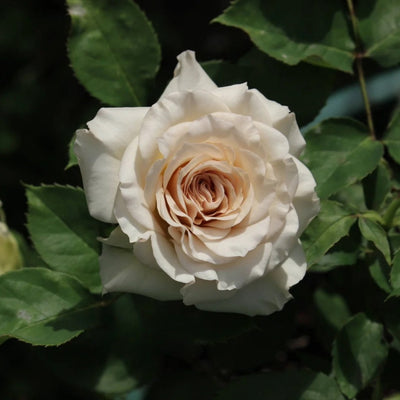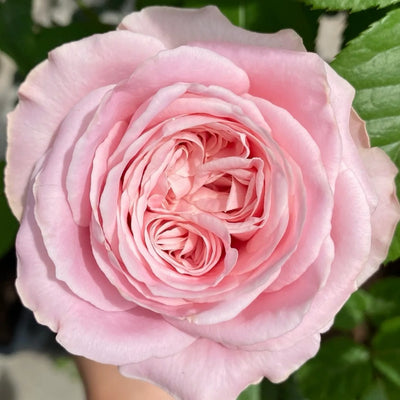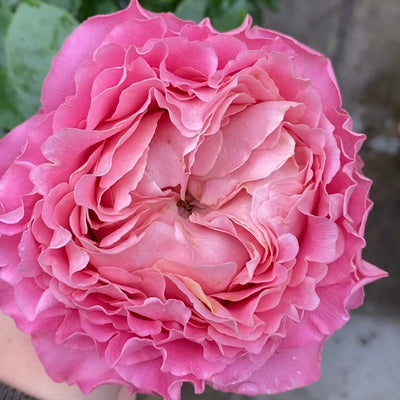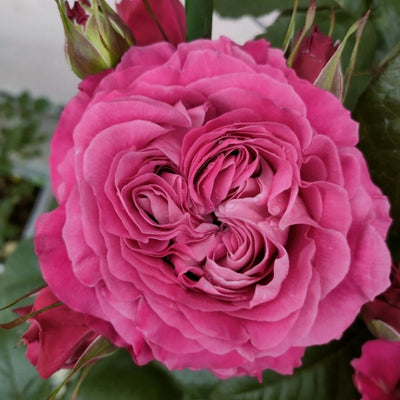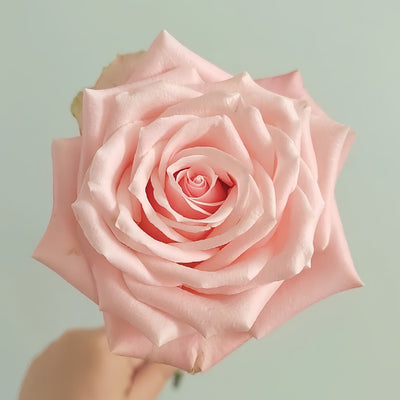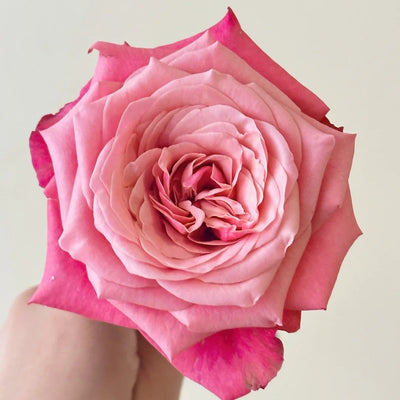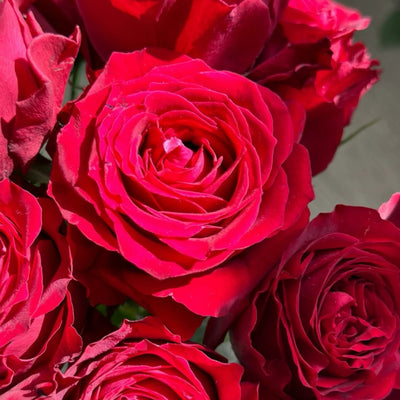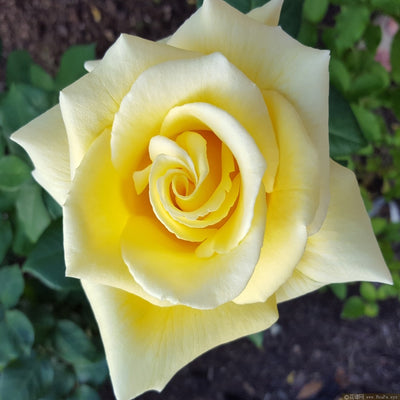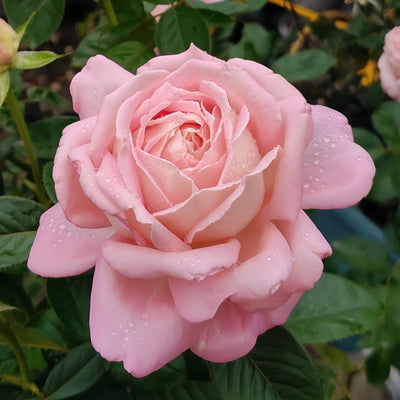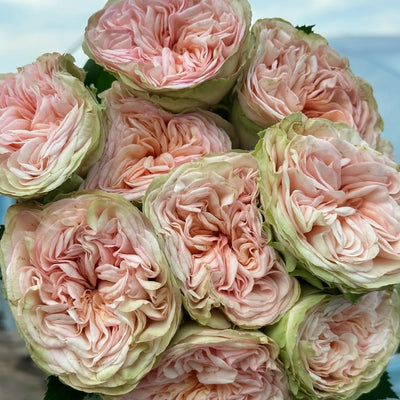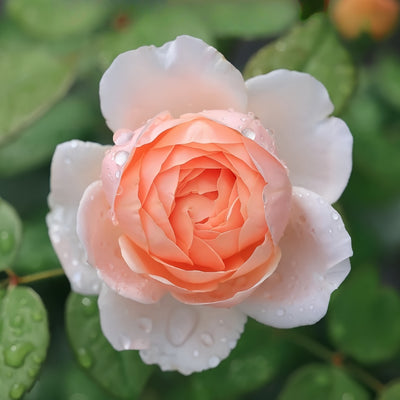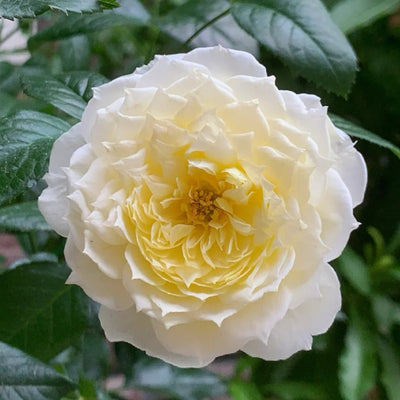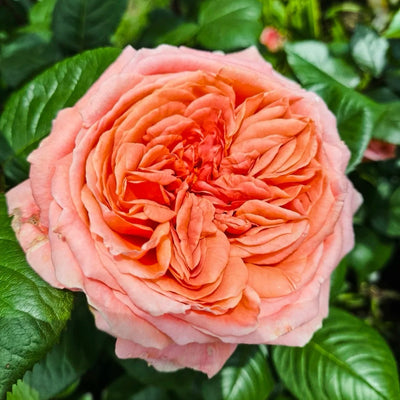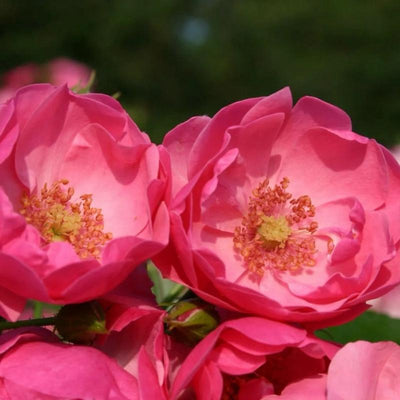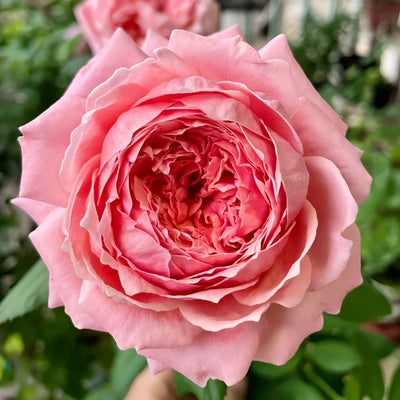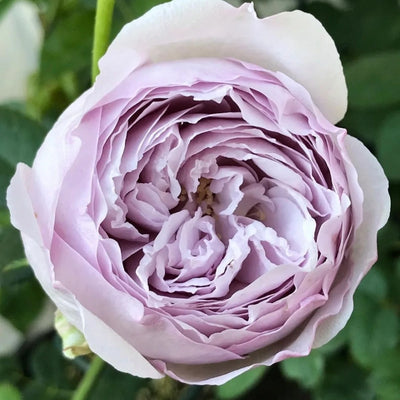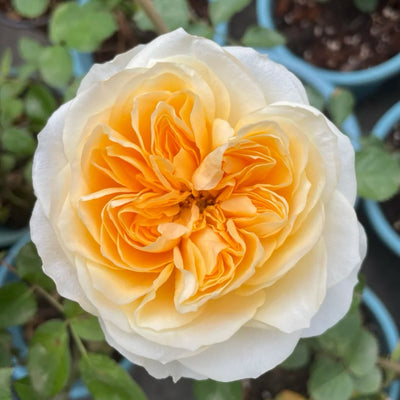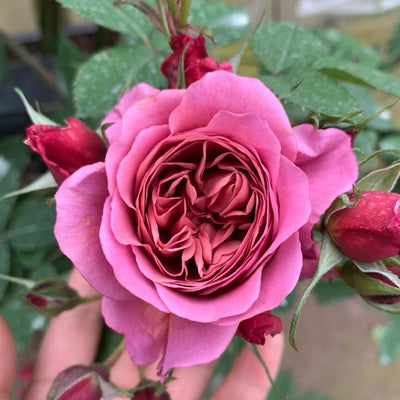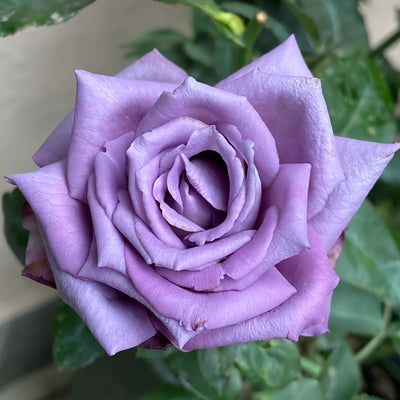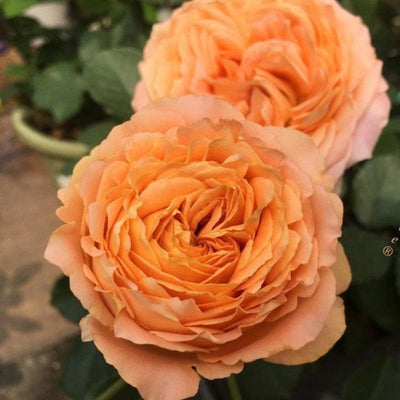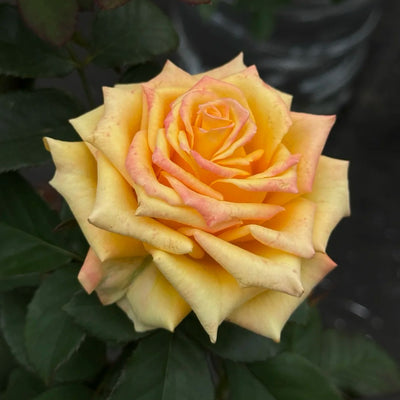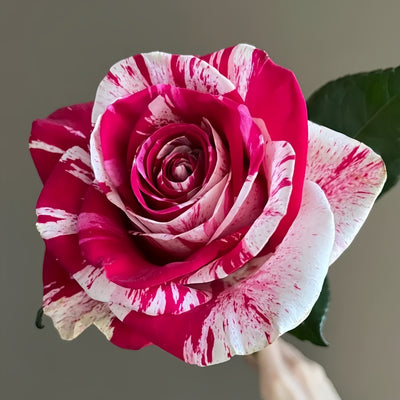🔥 Recommended Product
The Black Baccara Rose, a near-black hybrid tea rose, is one of the most captivating varieties admired by gardeners and florists around the world. Known for its velvety, dark red to almost black petals, this rose combines elegance with resilience. To grow it successfully, it is important to understand its natural distribution, preferred environment, and specific care needs.

Distribution and Natural Habitat
The Black Baccara Rose originated from breeding efforts in France, but it traces its rose heritage back to East Asia, where many rose species were first cultivated. Today, it is widely grown across Europe, North America, and other regions with suitable climates.
This rose prefers a mild and warm climate, but it is not tolerant of extreme heat. Fortunately, it shows relatively good cold hardiness, allowing it to survive cooler winters with the right protection. Its adaptability has made it a favorite for gardeners in a variety of regions, provided its key growing requirements are met.
Care Tips for Black Baccara Rose

1. Soil
The Black Baccara Rose thrives in soil that is fertile, well-drained, and rich in humus. While it can tolerate slightly alkaline soil, it performs best in neutral to slightly acidic soil conditions. Adding organic matter such as compost or well-rotted manure improves both fertility and drainage, ensuring strong root development and continuous blooms.
2. Sunlight
Sunlight is crucial for Black Baccara. Unlike some roses that can manage in partial shade, this hybrid tea rose demands at least 8 hours of full sun daily. Without sufficient sunlight, the plant will become weak, its growth will slow, and in severe cases, it may fail to flower. For best results, plant it in open spaces, away from the shadow of trees or buildings.
3. Watering

Black Baccara roses dislike standing water and are prone to root rot if exposed to excessive rainfall or poor drainage. At the same time, they prefer a moist growing environment. The key is balance: keep the soil evenly moist without letting it become soggy. In dry seasons, misting the surrounding area helps maintain humidity, while regular deep watering keeps the roots hydrated. Always ensure water drains freely to protect the roots.
Conclusion
The Black Baccara Rose is a dramatic and rewarding variety that can become a centerpiece in any garden. With its near-black velvety blooms, it thrives when given fertile soil, abundant sunlight, and carefully managed moisture. By recreating the conditions it prefers—nutrient-rich soil, full sun, and moderate humidity—you can enjoy season after season of elegant, dark blooms that make this rose one of the most unique hybrid teas in the world.





















